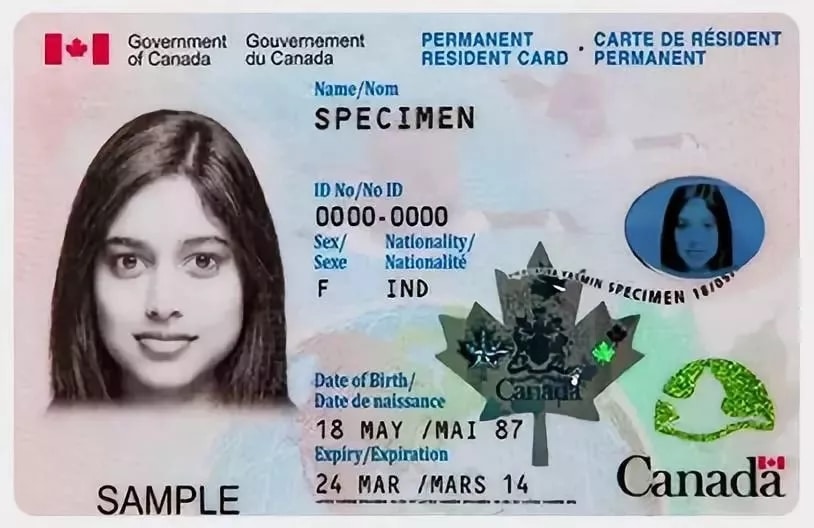Do You Have Canadian Grandparents? You may be eligible for citizenship
IMPORTANT UPDATE ON BILL C3
- Immigration Services
- Immigrate to Canada from the USA
- Family Sponsorship – Inland Processing
- Family Sponsorship – Overseas Processing
- Permanent Residence on Humanitarian and Compassionate Grounds
- In Canada Illegally
- Express Entry
- Provincial Nomination Programs
- Study Permit
- Visitor Visa
- Enter Canada with a criminal record
- Business Immigration
- LMIA
- Work Permit
- Consultation
- Citizenship Services
- Immigration Hearings
- Refusals
- Immigration Updates
- About Us
- Immigration Services
Here to support you through any and all immigration processes
Immigration Services- Immigrate to Canada from the USA
- Family Sponsorship – Inland Processing
- Family Sponsorship – Overseas Processing
- Permanent Residence on Humanitarian and Compassionate Grounds
- In Canada Illegally
- Express Entry
- Provincial Nomination Programs
- Study Permit
- Visitor Visa
- Enter Canada with a criminal record
- Business Immigration
- LMIA
- Work Permit
- Consultation
- Citizenship Services
Say goodbye to the paperwork pile; depend on our experts
- Immigration Hearings
Guidance with the care and expertise you’re depending on
- Refusals
Encountering obstacles? Our team will provide you with solutions
- Immigration Updates
Stay ahead; review the latest updates and changes
Immigration Updates - About Us
Experienced, meticulous, and supportive immigration consultancy
- Immigration Services
- Immigrate to Canada from the USA
- Family Sponsorship – Inland Processing
- Family Sponsorship – Overseas Processing
- Permanent Residence on Humanitarian and Compassionate Grounds
- In Canada Illegally
- Express Entry
- Provincial Nomination Programs
- Study Permit
- Visitor Visa
- Enter Canada with a criminal record
- Business Immigration
- LMIA
- Work Permit
- Consultation
- Citizenship Services
- Immigration Hearings
- Refusals
- Immigration Updates
- About Us
- Immigration Services
Here to support you through any and all immigration processes
Immigration Services- Immigrate to Canada from the USA
- Family Sponsorship – Inland Processing
- Family Sponsorship – Overseas Processing
- Permanent Residence on Humanitarian and Compassionate Grounds
- In Canada Illegally
- Express Entry
- Provincial Nomination Programs
- Study Permit
- Visitor Visa
- Enter Canada with a criminal record
- Business Immigration
- LMIA
- Work Permit
- Consultation
- Citizenship Services
Say goodbye to the paperwork pile; depend on our experts
- Immigration Hearings
Guidance with the care and expertise you’re depending on
- Refusals
Encountering obstacles? Our team will provide you with solutions
- Immigration Updates
Stay ahead; review the latest updates and changes
Immigration Updates - About Us
Experienced, meticulous, and supportive immigration consultancy


